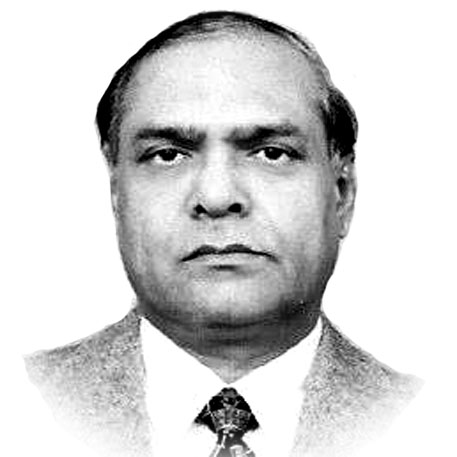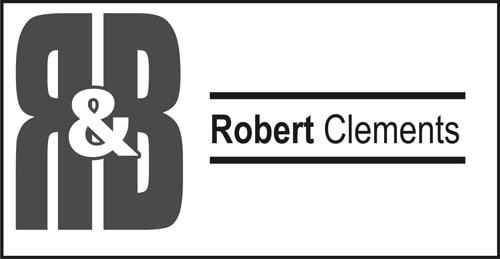Rashid A Mughal
OUR world today is going through constant and rapid changes — economically, politically and socially. Values are changing and so are cultures and etiquettes. What is true at the grass root level, family level, national level and international level is being considered the new norm, globally. New alliances are being formed and old ones being scrapped, some at the detriment of poor and ignoring the realities of life (like global warming). Bottom line, International relations are in a constant flux. Since the end of the Cold War, the West has been defending a liberal international order and the political conception of “the end of history” has made a massive clamour across the international community. US-European ties were perceived as an ironclad block supporting open trade, freedom and democracy. Nonetheless, the war on Iraq bred discord between them but did not shake the core of the West-dominated international order. Transition from Obama to Trump has further divided the “all-weather” allies and created more rifts and drifts between them.
Since the global financial crisis in 2008, both Europe and the US have been confronted with a multitude of socio-economic conundrums and the international order, they have been safeguarding, is falling apart, giving rise to a number of emerging economies. Donald Trump’s victory in US presidential election in 2016 became the last straw to make US-European cooperation crumble. Bilateral relations are facing more severe challenges and possibilities of rupture and realignment. The US ties with Germany are an important link in its European relations. But during the first year under Trump, Washington-Berlin ties have been changing from a state of democratic alliance to one of fierce rivalry, which is actually a new normal in the Western camp. A slew of Trump’s foreign policy, including his withdrawal from the Paris Climate Accord, resorting to trade protectionism, migration in Europe(particularly Germany) and opposition to globalization, have gradually coalesced into an important force of the unfolding trend of anti-globalization.
For many European leaders, including German Chancellor Angela Merkel, Trump’s policies and ideas lack political correctness, which are just unacceptable. In addition, the two heads of state failed to reach consensus on trade, security and rule-making cooperation several times, which signals an impending breakup between Washington and Berlin as well as a wider Europe. This year’s Davos-2019 forum focused on free trade, climate change and international cooperation, all of which are subjects of dispute between Merkel and Trump. The encounter between “cosmopolitanism” and “communitarianism” behind the bout between globalization and anti-globalization was the biggest highlight of the economic gathering.
Merkel and Macron aim at supporting a multilateral framework, deepening global and bilateral cooperation and projecting Europe’s role in global governance. If they can successfully spread their ideas and methods of governance, Trump’s influence will further weaken and will likely put pressure on the US leader to change his policies. However, it seems the American President will not change his concepts and policies, which will further sour relations between the US and Europe. On the health of US economy, the recent reports from World Bank and IMF confirm that growth has suffered due to multiple factors. The 3.1% projection has actually come down to 2.1%. The top reason being trade disputes between USA and China. It is not a secret that both countries are suffering due to these un-necessary trade wars but it has actually resulted in slowing the wheels of global economic growth.
Porter Stansberry, a noted writer, in one of his recent articles pointed out some stark realities. “Do you ever feel—despite the supposed economic “recovery” of recent years—that something in America is still not quite right? If so, you are not alone. After all, how can things be “OK” when nearly half the men ages 18-34 now live with their parents—the highest level since the Great Depression? How can it be “normal” when in one of America’s richest cities (Seattle) there are now 400 unauthorized homeless camps under bridges and along freeway medians? How can it be a “recovery” when 78% of the U.S. population now lives paycheck to paycheck, with essentially zero savings? How can you explain things like the dramatic rise of the militant left-wing group ‘Antifa’… the resurgence of White Supremacists… and the booming popularity of the Democratic Socialists—they’ve doubled membership in recent months”, says Stansberry. Sure, some people—CEOs, tech entrepreneurs and other members of the “1%”—are doing great. There has never been a better time for wealthy Americans. But the truth is that for most people, the situation is getting much, much worse. Growth sans equality and reduction of poverty is a misnomer.
Porter Stansberry, goes on to say,“ Why are so many Americans so angry?” He remarked. “Our nation, as I’m sure you’ve noticed, has become a financial, cultural and demographic pressure cooker. You’ve seen it in the riots and protests in Charlottesville, Ferguson, Milwaukee, and Baltimore. You’ve seen it in mass shootings… the attacks on college campuses… the arguments about immigration… and the refusal of NFL players to stand for the national anthem. These uprisings and protests may be nominally about race or Donald Trump or police brutality but what they’re really about, underneath it all, is money… and hopelessness. You might hear the mainstream press and politicians talking about “wealth inequality” when referencing our country’s social problems and political polarization. But what they don’t tell you is that the growing disparity between rich and poor in America is a symptom of our problem… not the root cause. Yes, today the richest 10% of America owns 75% of the nation’s wealth… a level we have not seen since the 1930s”, concludes Stansberry.
— The writer is former DG (Emigration) and consultant ILO, IOM.









